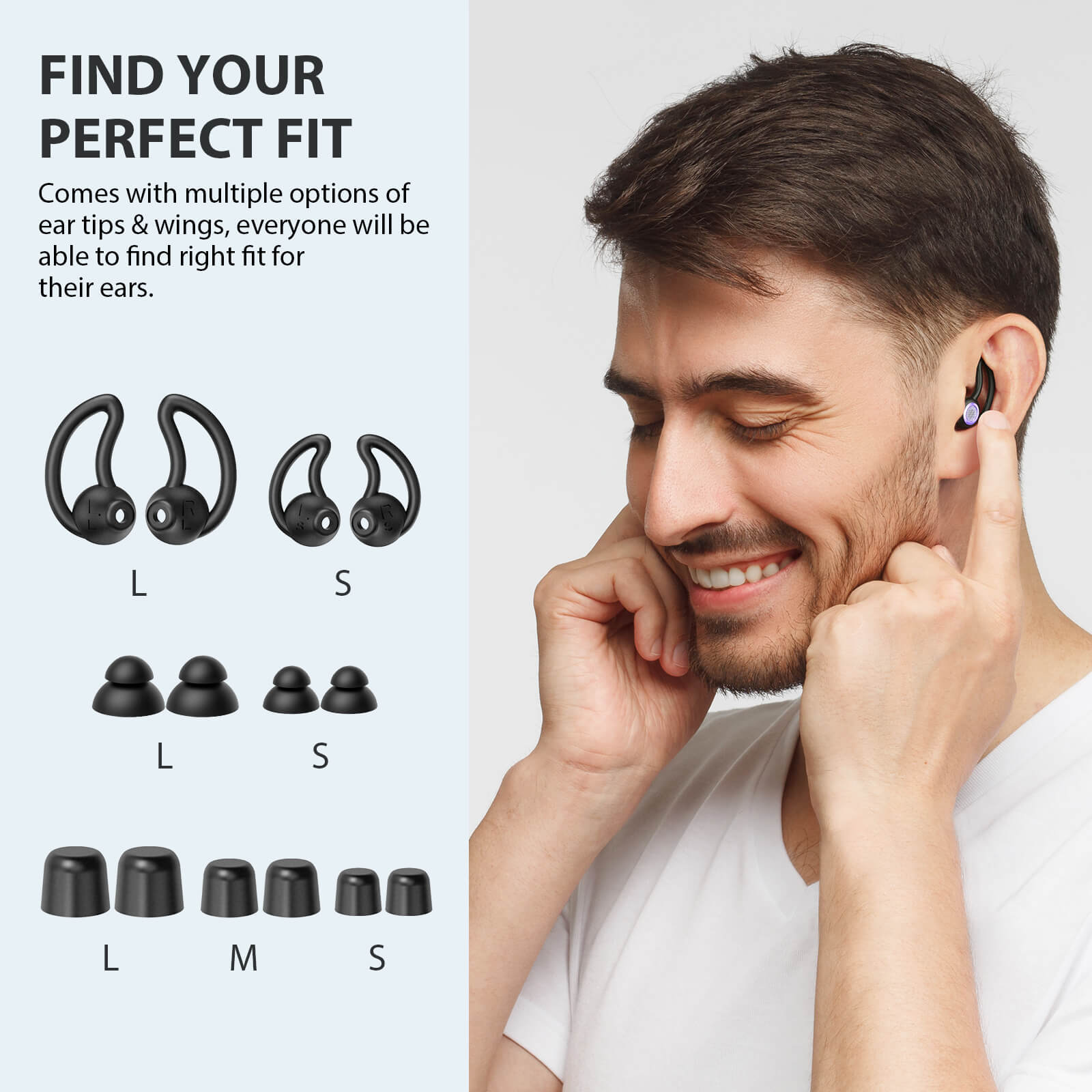When it comes to protecting your hearing in a noisy work environment, choosing the right noise reduction ear plug for your industry needs is crucial. Whether you work in construction, manufacturing, or any other industry with high noise levels, finding the perfect ear plug can make a significant difference in your overall well-being. In this article, we will explore the various factors to consider when selecting the right ear plug and provide you with valuable insights to help you make an informed decision.
Understanding Noise Reduction Ratings (NRR)
One of the key factors to consider when choosing the right noise reduction ear plug is the Noise Reduction Rating (NRR). The NRR is a measure of how effectively an ear plug can reduce noise in decibels (dB). The higher the NRR, the greater the noise reduction. It is important to note that the NRR is determined in laboratory conditions and may not always reflect real-world scenarios accurately.
When selecting an ear plug, it is essential to consider the specific noise levels in your industry. For example, if you work in a construction site where noise levels can reach up to 100 dB, you would need an ear plug with a higher NRR to provide adequate protection. On the other hand, if you work in an office environment with lower noise levels, a lower NRR ear plug may be sufficient.
Types of Noise Reduction Ear Plugs
There are several types of noise reduction ear plugs available in the market, each with its own advantages and disadvantages. Let's explore some of the most common types:
1. Foam Ear Plugs
Foam ear plugs are one of the most popular choices due to their affordability and ease of use. They are made of soft foam material that expands to fit the shape of your ear canal, providing a snug and comfortable fit. Foam ear plugs offer a good level of noise reduction and are suitable for a wide range of industries.
2. Silicone Ear Plugs
Silicone ear plugs are another popular option known for their durability and reusability. They are made of soft silicone material that can be easily cleaned and reused multiple times. Silicone ear plugs provide a comfortable fit and offer excellent noise reduction. They are particularly suitable for industries where hygiene is a concern.
3. Custom Molded Ear Plugs
Custom molded ear plugs are individually crafted to fit the unique shape of your ear canal. They provide a superior level of comfort and noise reduction compared to generic ear plugs. Custom molded ear plugs are typically more expensive and require a visit to a healthcare professional for fitting. They are ideal for individuals who require long-term hearing protection in their industry.
4. Electronic Noise Reduction Ear Plugs
Electronic noise reduction ear plugs are a technologically advanced option that combines hearing protection with the ability to amplify low-level sounds. These ear plugs use microphones and speakers to detect and reduce loud noises while allowing you to hear important sounds, such as conversations or warning signals. Electronic noise reduction ear plugs are commonly used in industries where situational awareness is crucial.
Factors to Consider
When choosing the right noise reduction ear plug for your industry needs, it is important to consider the following factors:
1. Comfort
Comfort is a crucial aspect to consider as you will be wearing the ear plugs for extended periods. Look for ear plugs that fit securely and do not cause discomfort or irritation. Consider the material, size, and shape of the ear plugs to ensure a comfortable fit.
2. Durability
Depending on your industry, you may require ear plugs that can withstand harsh conditions. Look for ear plugs that are durable and can withstand moisture, dust, and other environmental factors. This will ensure that your ear plugs last longer and provide consistent protection.
3. Ease of Use
Consider the ease of insertion and removal when choosing ear plugs. Some ear plugs may require rolling or compressing before insertion, while others may have a simple push-in design. Choose ear plugs that are easy to use and do not require excessive effort.
4. Compatibility with Other Safety Equipment
If you already wear other safety equipment, such as helmets or goggles, ensure that the ear plugs you choose are compatible with them. Some ear plugs may interfere with the proper fit of other safety gear, compromising overall protection.
Choosing the right noise reduction ear plug for your industry needs is essential for maintaining your hearing health and overall well-being. By considering factors such as NRR, type of ear plug, comfort, durability, ease of use, and compatibility with other safety equipment, you can make an informed decision that suits your specific requirements.
For more information on noise reduction ear plugs and related industry needs, you can visit the following credible sites:
